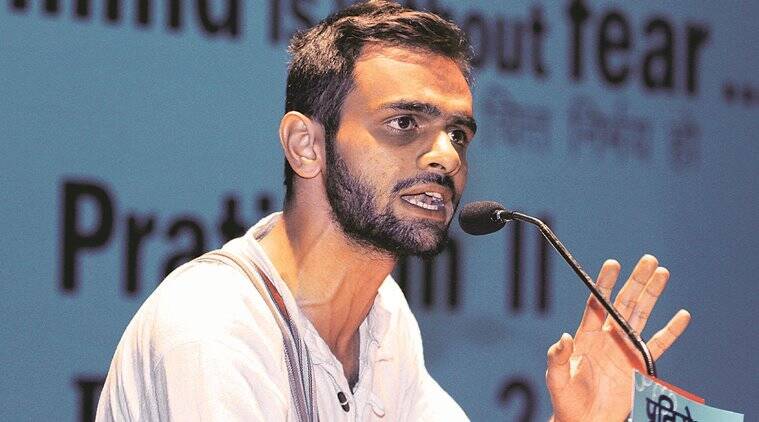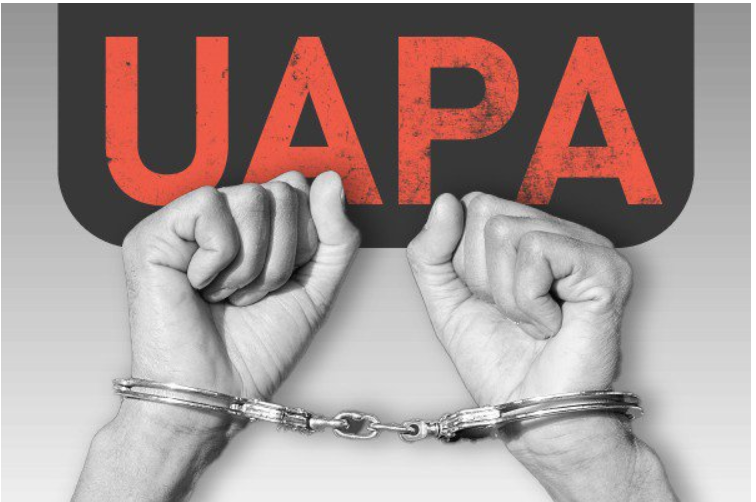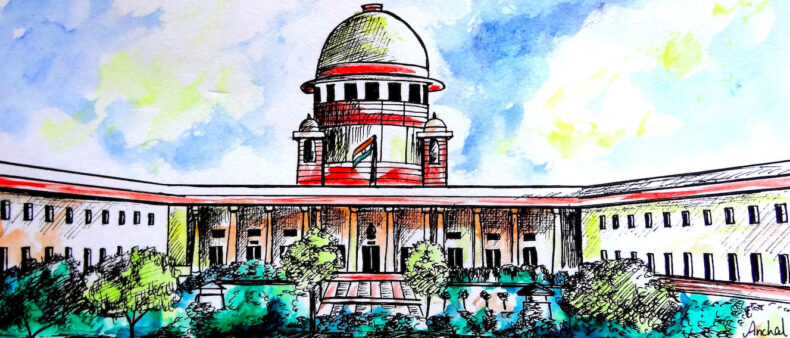Table of Contents
In the Delhi Riots conspiracy case brought by activist Umar Khalid, the Supreme Court decided to examine his bail request on Wednesday. The Delhi Police’s attorney requested that the date be changed, noting the bench’s worries over the Mondays’ customarily high workload.
The bench of Justices MM Sundresh and AS Bopanna said that the decision to hear a case was for the court to take up. The matter would take only two to three minutes and therefore could be heard on the date mentioned.
Senior Attorney Kapil Sibal, who was arguing on behalf of Khalid, responded to the Delhi Police’s request for further time by saying: “What response is required in this bail case given that the individual has been detained for more than two years?”
Advocate Rajat Nair, appearing on behalf of the Delhi Police, responded, “The court was debating the student’s application for bail in the conspiracy case involving the Delhi Riots at Jawaharlal Nehru University (JNU).”
In September 2020, the Delhi Police detained Khalid and accused him of violating the Unlawful Activities (Prevention) Act (UAPA), rioting, and unlawful assembly, among other offences. Since then, he has remained behind bars. The Delhi Police had received notice from the supreme court on the bail request in May of this year.
Khalid filed a petition with the Supreme Court to overturn a Delhi High Court decision from October 2022 that had granted him bail. More than 20 days have passed since the High Court’s arguments had begun.

What is the Unlawful Activities Prevention Act under which Umar Khalid was arrested?
It is an Indian law known as the Unlawful Activities (Prevention) Act that aims to stop organizations in India from engaging in criminal activities. It was concerned with making sure that government authorities are sufficiently equipped to deal with terrorist activities that threatened India’s integrity and sovereignty.
The Unlawful Activities (Prevention) Amendment Act, 2019 (UAPA 2019), the most recent change to the legislation, now allows the Union Government to label people terrorists without going through a formal legal procedure. Another name for the UAPA is the “Anti-Terror Law”.
A Committee on National Integration and Regionalization was established by the National Integration Council (NIC) to study the issue of appropriate constraints in the interests of India’s sovereignty and integrity.
The NIC’s objective focused solely on regionalism, casteism, and communalism; it did not include terrorism. The Constitution (Sixteenth Amendment) Act, 1963 was passed because the committee’s recommendations were accepted, and it established acceptable legal constraints that served the interests of India’s sovereignty and integrity.
In 2019, the BJP-led NDA government asserted that the Unlawful Activities (Prevention) Bill was tabled in Parliament to execute the 1963 Act’s provisions.

What were the Jawaharlal Nehru University Delhi Riots?
On January 5, 2020, more than 50 masked assailants stormed the campus of Jawaharlal Nehru University in Delhi with rods, clubs, and acid, injuring more than 39 students and faculty members. Many kids suffered critical wounds.
Ambulances transporting injured people as well as professors who attempted to step in and defend the students were assaulted. Police on the campus, according to eyewitness reports, did not step in to disperse the crowd.
The crowd fled after three hours of assaulting campus residents; none of its members were apprehended or incarcerated. Within 24 hours, all 36 wounded students who were admitted to the All India Institute of Medical Sciences, New Delhi (AIIMS), were released.












